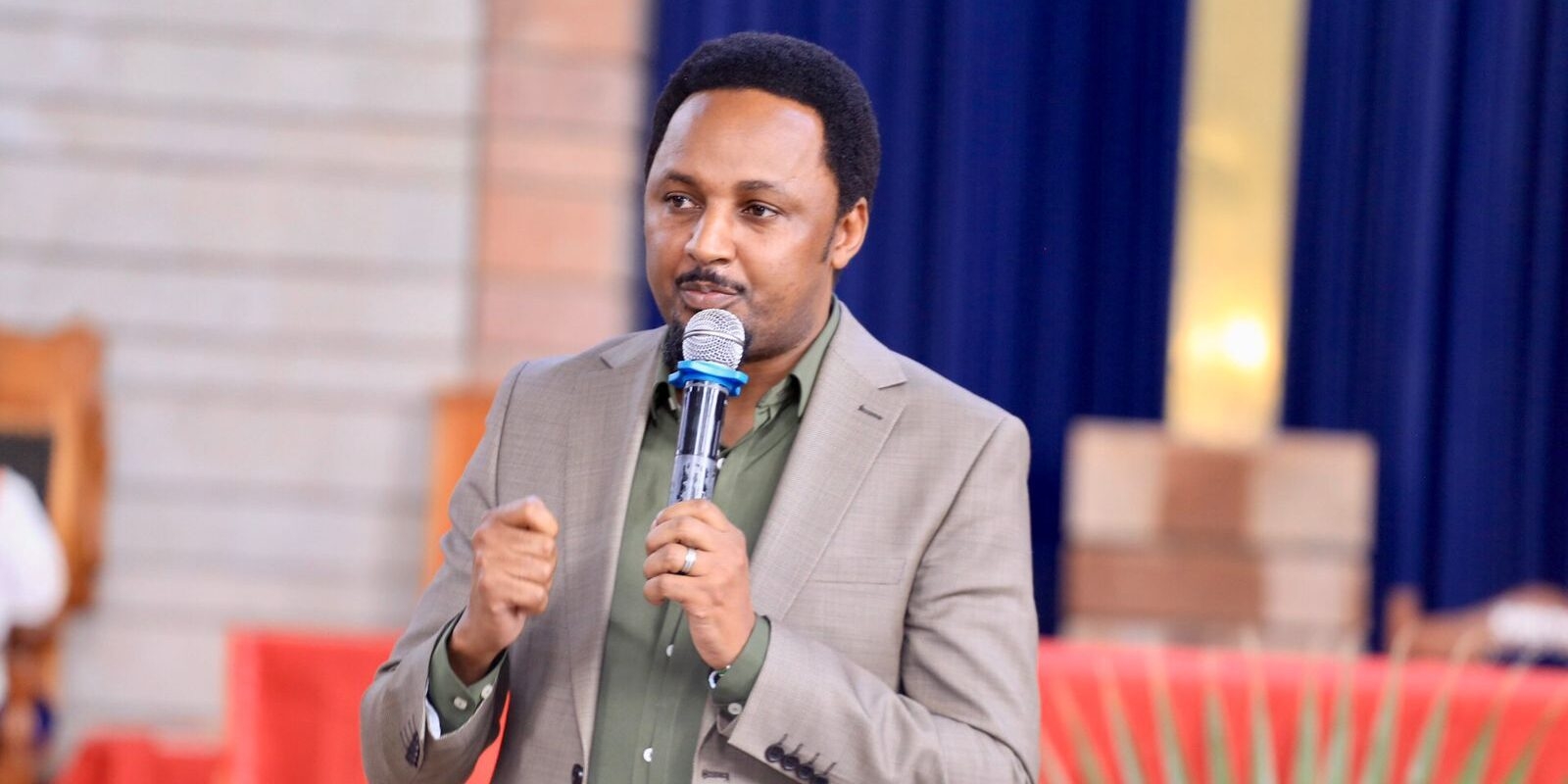Counties face a cash crunch after President William Ruto declined to sign a crucial proposed law to enable them to receive funds from the government.
The development comes at a time when the National Treasury is yet to release Sh32 billion from the last financial year, compounding the crisis in the devolved units.
This implies by next week, outstanding disbursement to the counties shall have accumulated for three months.
Ruto declined to sign into law the County Allocation of Revenue Bill, 2024 following the withdrawal of the Finance Bill, 2024.
The proposed law splits among the 47 devolved units, allocation from the national cake.
“In exercise of the powers conferred on me by Article 115 (1) (b) of the constitution, I decline to assent to the County Allocation of Revenue Bill, 2024 and refer the Bill for reconsideration by the Senate,” Ruto said in a memorandum to Parliament.
With the rejection of the Bill, Parliament will also be forced to amend the Division of Revenue Act, 2024.
The Act splits between the national and county governments the revenues generated nationally.
The counties cannot access funds before the proposed laws are approved by Parliament and signed into law by the President.
The processing of the two bills, if hastened, is likely to take more than months for processing in Parliament.
This would worsen the financial crisis in the counties.
A report by the Senate Finance and Budget Committee that considered the President’s memorandum states that the processing of the reservation of the Bill can only be done after the decision by Parliament on the proposed amendment to the Division of Revenue Act, 2024.
“Thus, an alteration to the approved County Allocation of Revenue Bill, (Senate Bills No.25 of 2024), can only be undertaken upon enactment of the Division of Revenue (Amendment) Bill, 2024,” he said
Delivery of crucial services and payment of salaries would be a challenge for many, if not all the county governments.
In refusing to sign the Bill into law, Ruto cited failure to enact the Finance Bill, 2024.
This necessitated the re-organisation and rationalisation of the government's financial arrangements in the current financial year.
The withdrawal of the Finance Bill, he said, denied the government more than Sh300 billion in revenue, hence affecting counties.
The President asked Parliament to amend the Bill and reduce the allocation from Sh400.1 billion to Sh380 billion.
The new figure is Sh5 billion less than what the counties received in equitable share in the last financial year and Sh20 billion less than what they had already been allocated in the current fiscal year.
“I recommend that the Bill be amended by deleting the First Schedule and replacing it with a Schedule that is attached to the Memorandum,” he stated.
Either House will have to marshal two-thirds of its members – a near impossible task – to overturn the President’s memorandum.
Article 115 of the constitution states that the Houses of Parliament shall either, by a majority vote, amend the Bill in light of the President’s reservations or, by a vote supported by two-thirds of members of each House, pass the Bill a second time without amendment or with amendments that do not fully accommodate the President’s reservations.










